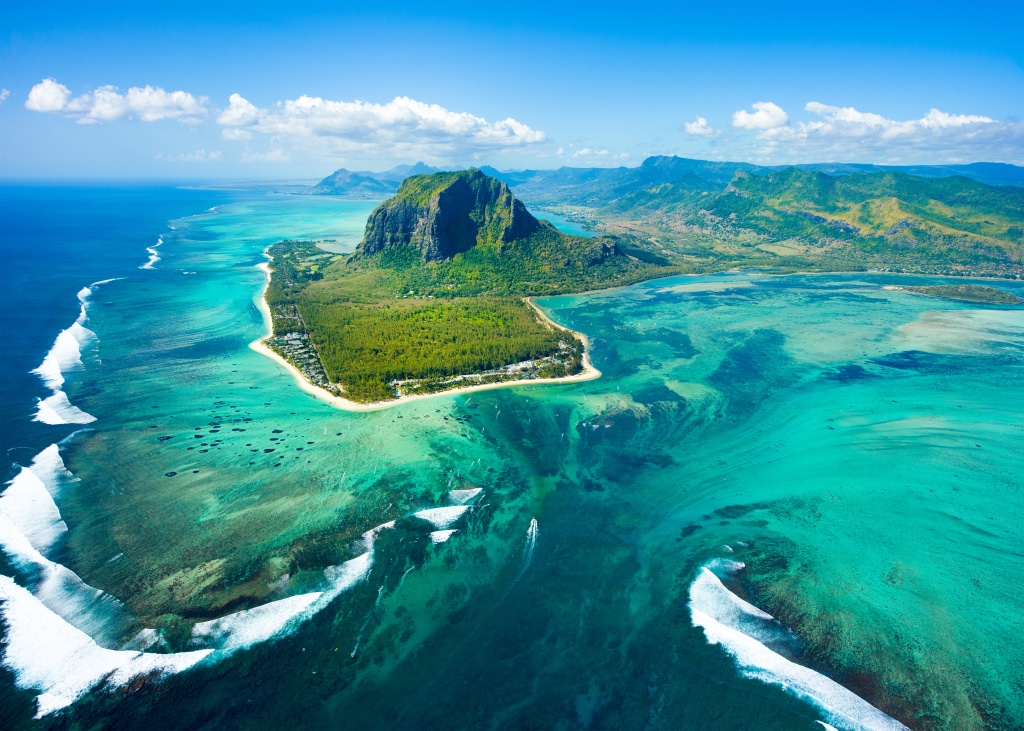Like most island territories in the world, Mauritius is highly threatened by climate change, which is manifested in particular by rising sea levels. This is the reason for AFD’s intervention, which has just granted 2.1 million euros to this East African country. The financing agreement was signed recently in the capital Port-Louis, between the Mauritian Minister of Finance, Economic Planning and Development, Renganaden Padayachy, the French Ambassador to Mauritius, Florence Caussé-Tissier and the AFD Director for Mauritius and the Seychelles, André Pouillès-Duplaix.
The funding will be allocated in two parts. The first, amounting to 1.1 million euros, is granted under the 2050 Facility: “Building a shared vision and a carbon neutral and resilient pathway to 2050”. This AFD initiative aims to support some thirty of the most carbon-intensive or vulnerable developing countries in their transition to a low-carbon and resilient development model.
Combating coastal erosion
In Mauritius, the 2050 Facility will enable the transition to a low-carbon model in several sectors. “Two key sectors identified as the most gas emitting, namely the energy and transport sectors, as well as two vulnerable sectors, namely agriculture and tourism, will be guided to develop a strategy,” explains André Pouillès-Duplaix, AFD’s Director for Mauritius and Seychelles.
Read also- AFRICA: the urgent need to restore degraded ecosystems
Mauritius is 77% dependent on fossil fuels for its electricity generation, according to the U.S. government’s International Trade Agency (ITA). Port Louis wants to increase the share of energy in its electricity mix to 60% by 2030.
The other part of AFD’s financing is committed through the Fund for Technical Expertise and Experience Transfer (FEXTE). This instrument finances technical cooperation programs and project preparation studies in developing countries. FEXTE will map the coastal areas of Mauritius and Rodrigues to assess the risk of erosion. According to scientists, the disposal of 75% of the corals in the lagoons that form the barrier reef accentuates this phenomenon.
Jean Marie Takouleu
